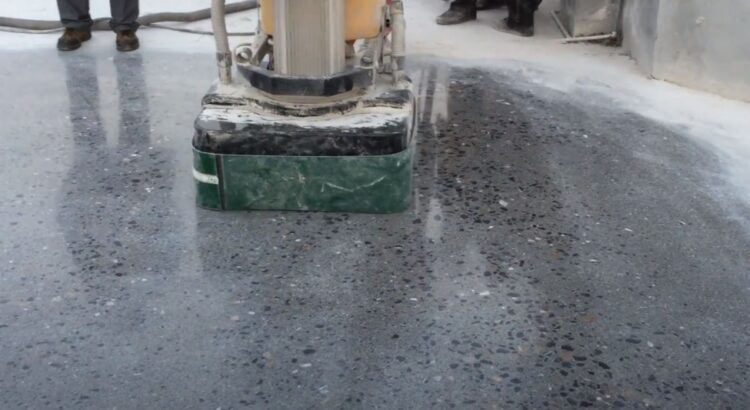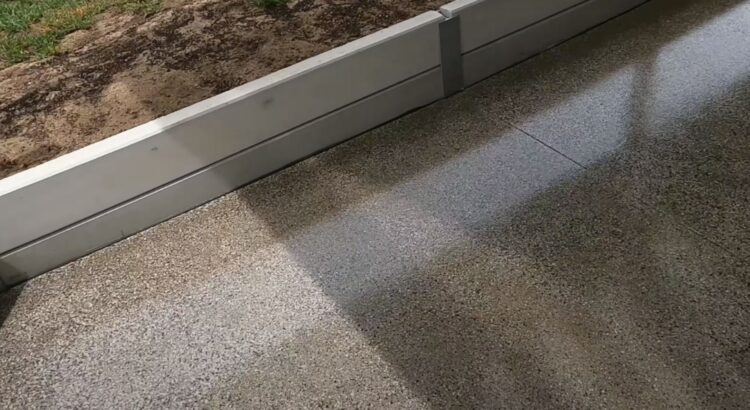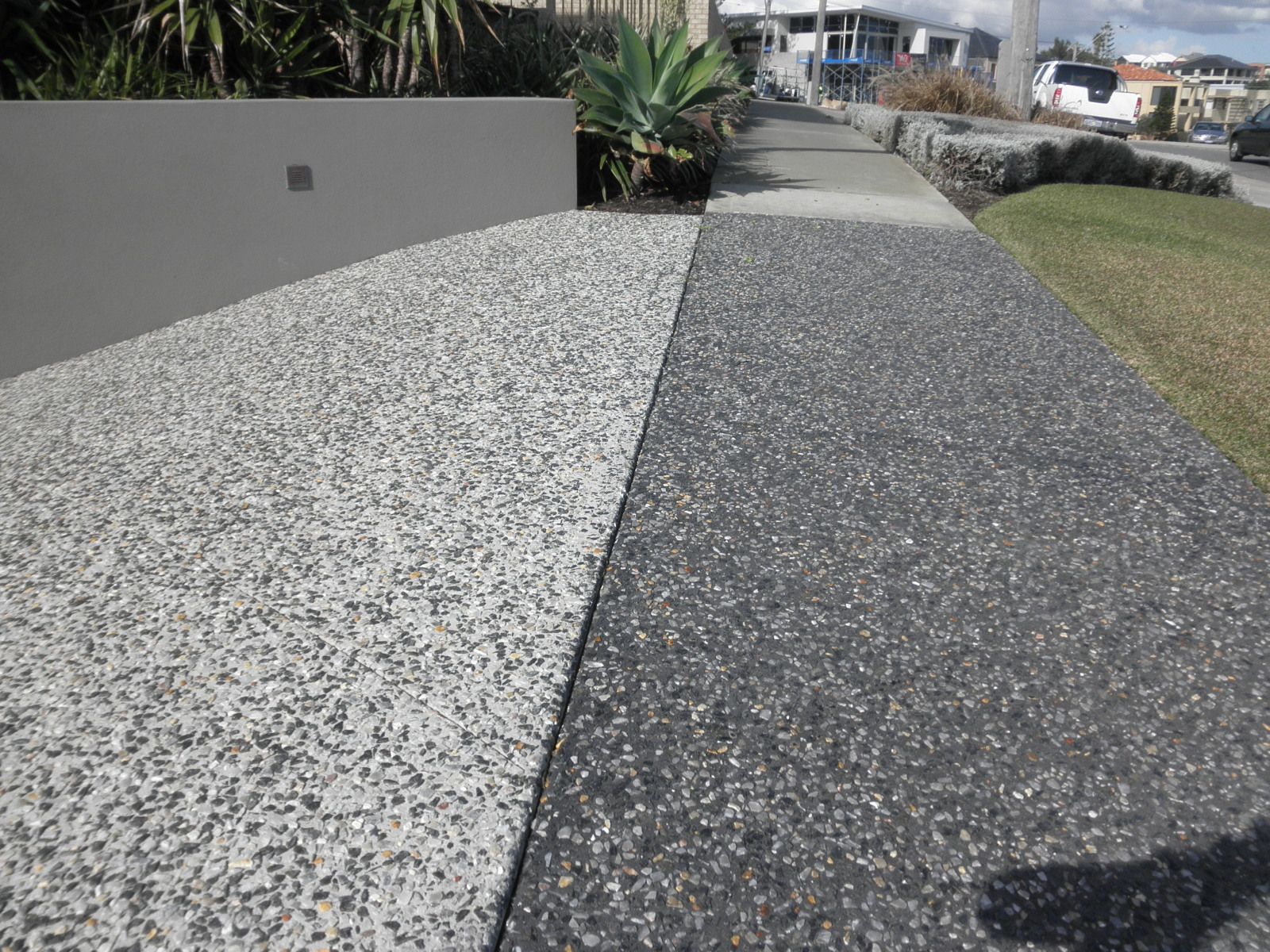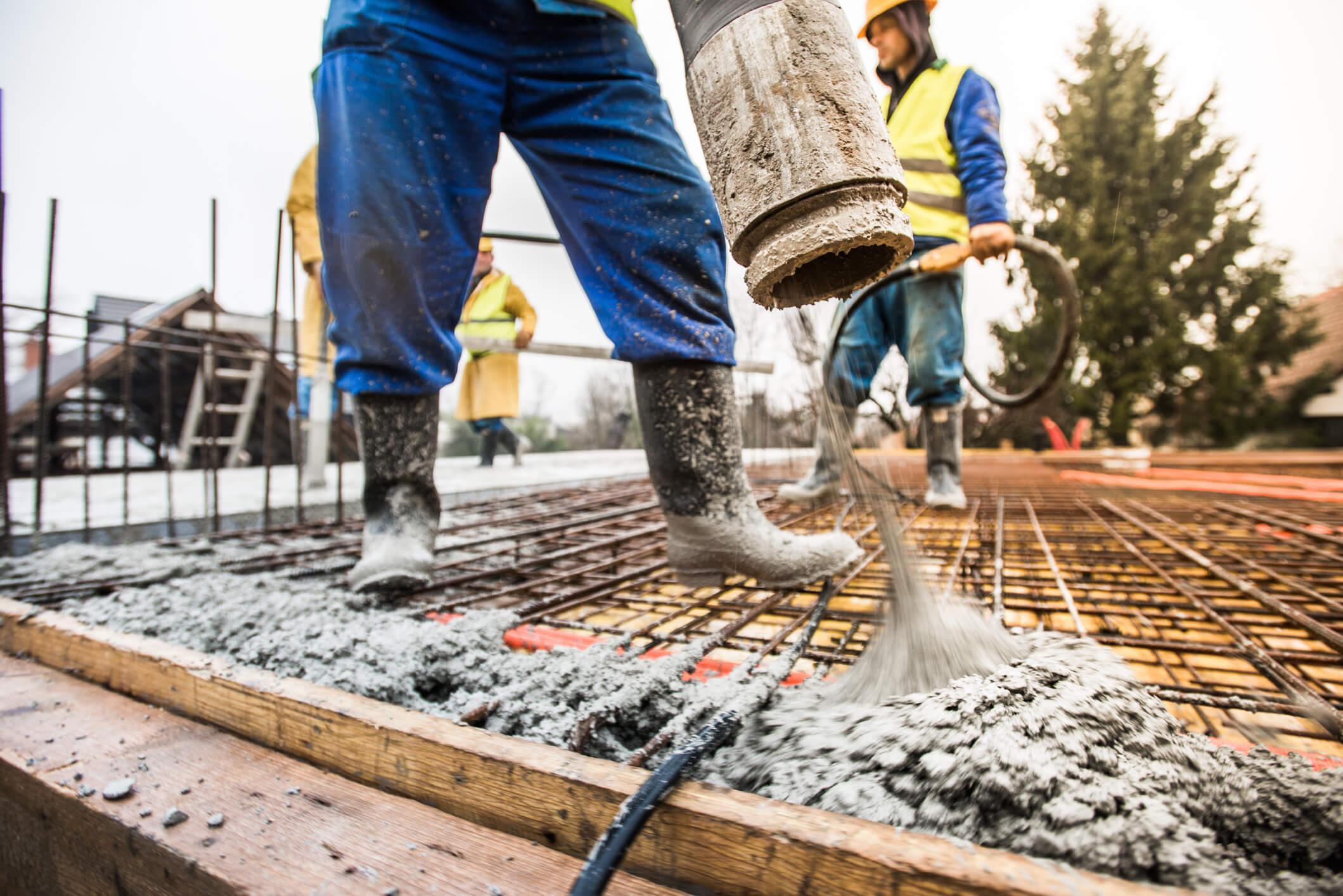The Sheen Possibilities of Concrete
When it comes to exterior surfaces, the versatility of concrete is beyond question. Yet, when asked, “Can exterior concrete be polished?“, many would hesitate. The answer, to dispel any doubts, is a resounding ‘yes.’ Whether it’s concrete driveways, concrete patios, or concrete walkways, polishing can indeed enhance the aesthetics and durability of an exterior concrete surface.
The Concrete Polishing Procedure
Understanding the process is critical in answering our main question. Exterior concrete polishing involves a similar approach to interior floors, though with some tweaks due to different environmental factors. The process includes grinding the concrete surface using a concrete surface grinder, followed by honing and polishing. During this process, a hardener is often applied to fill the concrete pores and provide a smooth finish.
Polished Concrete in Auckland’s Landscape
Polishing exterior concrete isn’t only feasible but also popular across Auckland. From North Shore’s coastal homes to the modern residences of Albany, you can see polished concrete gleaming in driveways, garden pathways, and patios. These polished surfaces reflect not only the sky but also the growing trend towards modern, durable, and low-maintenance exteriors.
Decoding the Durability
The durability of polished concrete, both interior and exterior, is one of its strongest attributes. Polishing strengthens concrete, making it more resistant to the rigours of weather and wear. It helps to mitigate the risk of surface flaking and can even make the surface more slip-resistant – a significant advantage in Auckland’s rainy climate.
Variety in Polish: Price and Preference
Polishing exterior concrete opens a world of options, and the price is just as varied. The cost typically depends on the level of polish desired, the concrete’s condition, and the size of the area. As an indication, prices for concrete grinding and polishing services in Auckland can range between $60 to $150 per square metre. However, each project is unique and needs an individual quotation from a professional concrete grinding contractor.
Auckland Council Bylaws and Outdoor Polishing
While there are no specific Auckland council bylaws pertaining to the act of polishing exterior concrete, bylaws relating to noise control might affect the timing and duration of the project. Different regional councils within Auckland, such as Waitematā or Orakei, have particular rules regarding construction noise that might need consideration.
Eco-friendly Polishing: Can It Be Done?
As awareness around environmental impact grows, methods of wet grinding concrete have become more common. Wet grinding reduces the dust generated during the process and, although it can extend the project timeline, the environmental benefits make it an option worth considering.
Considerations for Auckland Suburbs
Some Auckland suburbs might present unique considerations. In the coastal suburb of North Shore, for example, exterior concrete may face more exposure to salt in the air, which can cause concrete to deteriorate over time. A high-quality sealing process following the polish can help protect the surface in such conditions.
In the Grind: Smooth and Sleek Surfaces
Grinding concrete smooth is both an art and a science. It requires skill, experience, and the right equipment. Choosing a grinding and polishing professional with a proven track record ensures you’ll get an exterior surface that not only looks great but can withstand the elements.
Exterior Concrete Polishing Cost: An Investment
Though the exterior concrete polishing cost might be an investment, it’s one that pays dividends. A polished exterior concrete surface adds a modern and sophisticated touch, increases the property’s curb appeal, and requires less maintenance in the long run.
Polishing the Outdoors: A Stylish Option
In conclusion, not only can exterior concrete be polished, but it’s also a practical and stylish choice for Auckland properties. A polished exterior surface can provide a blend of durability, aesthetic appeal, and low maintenance, proving to be a sound investment for any homeowner. As with any project, it’s important to consult with professionals to navigate the process successfully and achieve the desired results.



